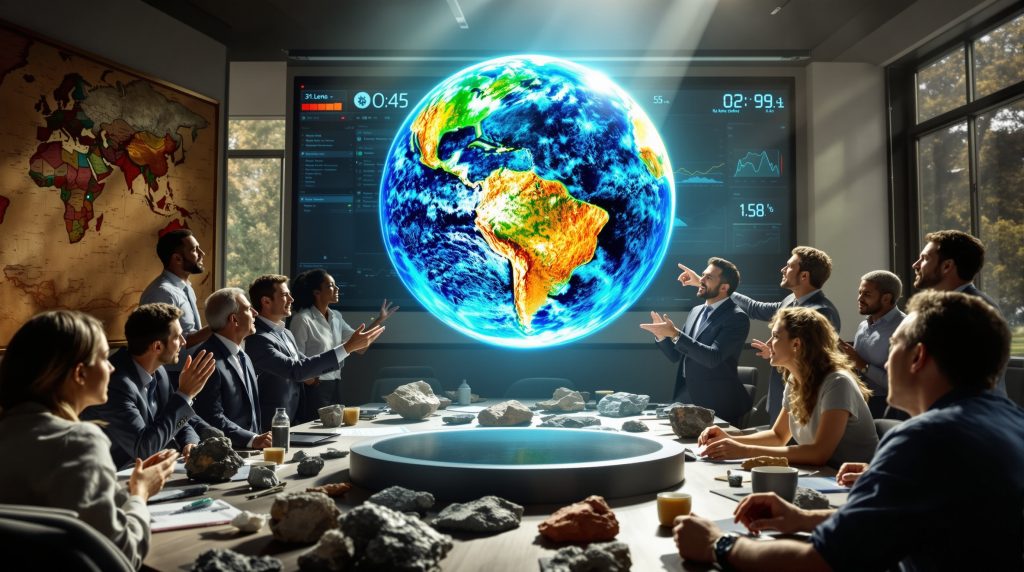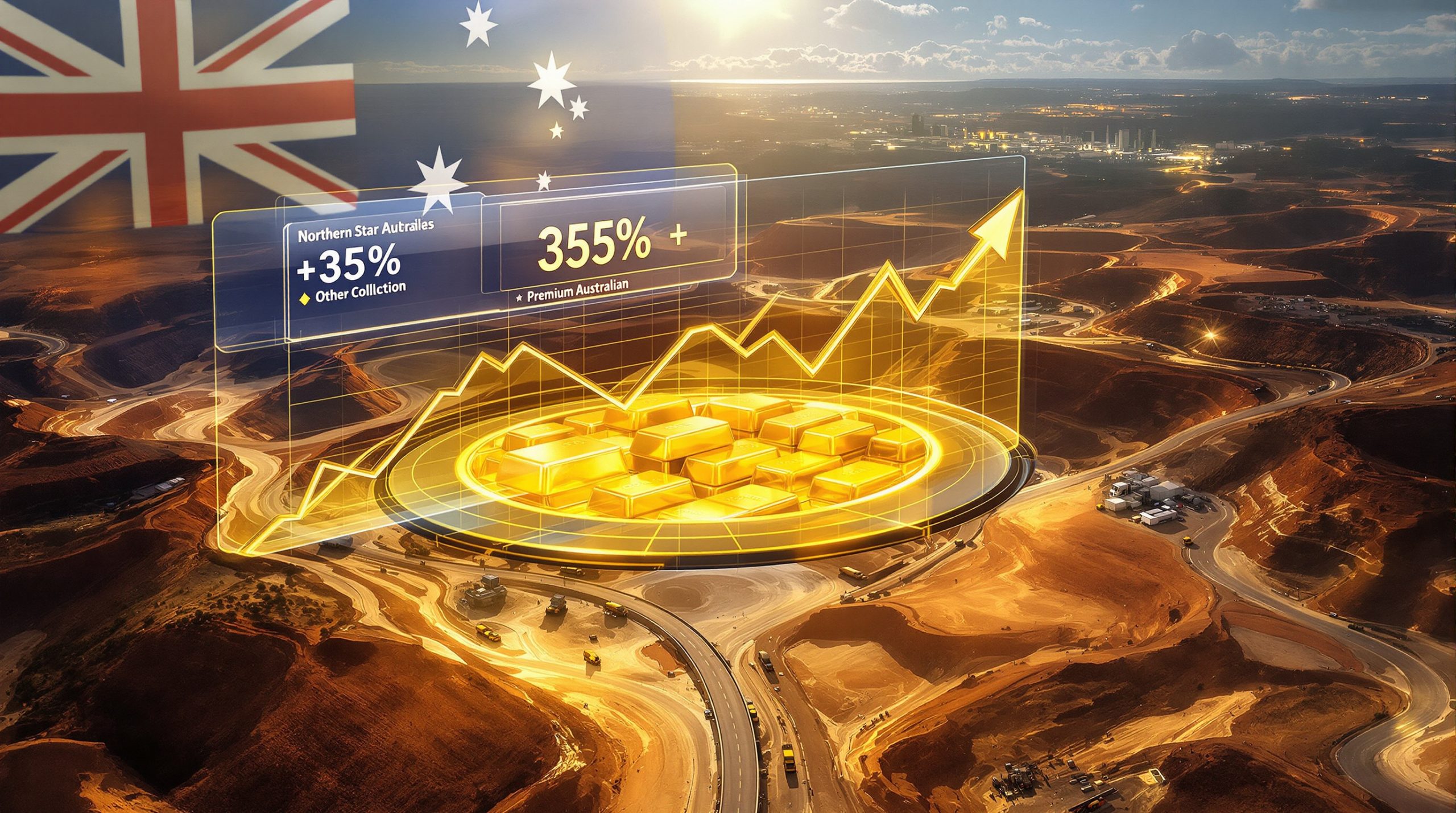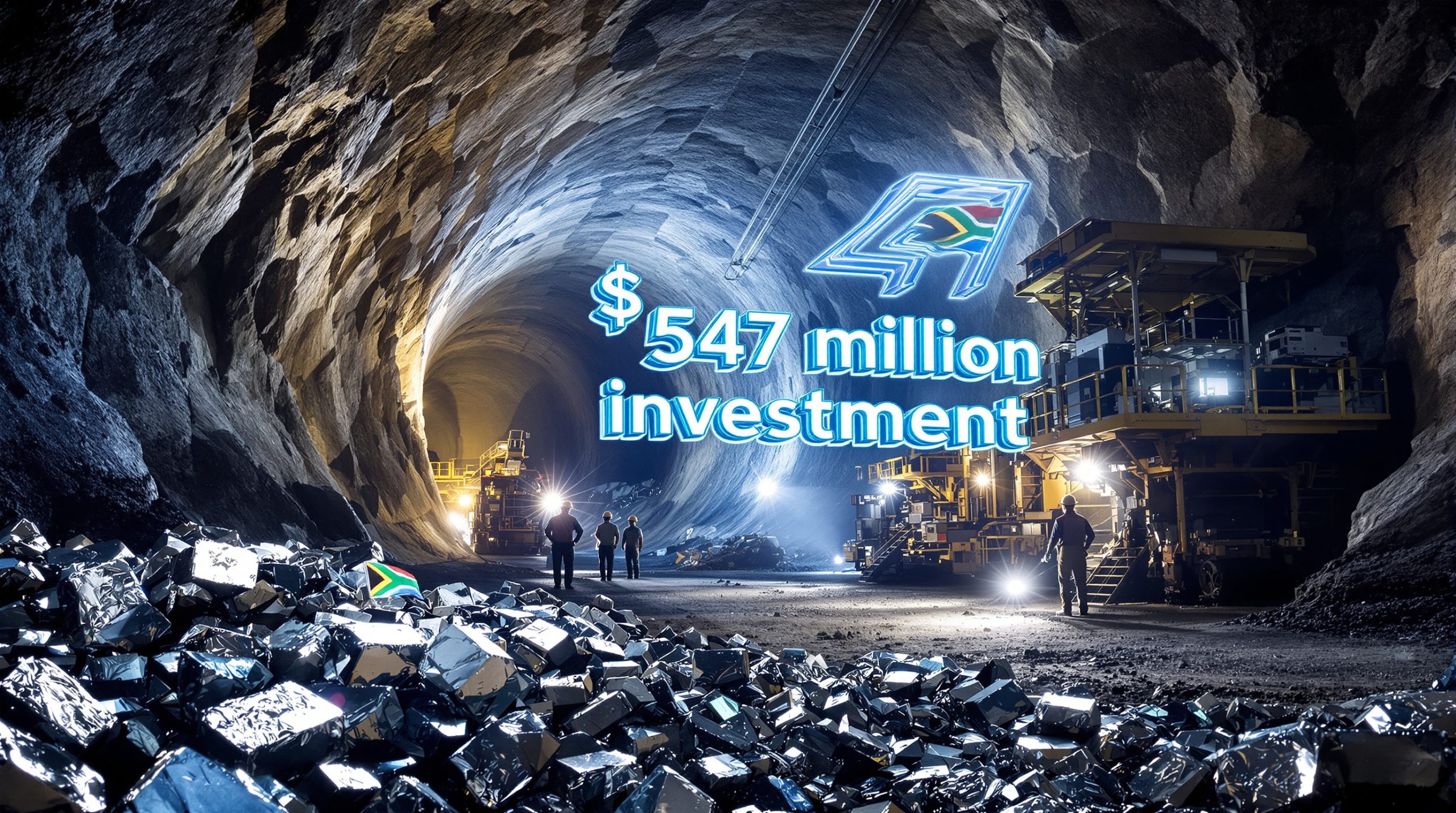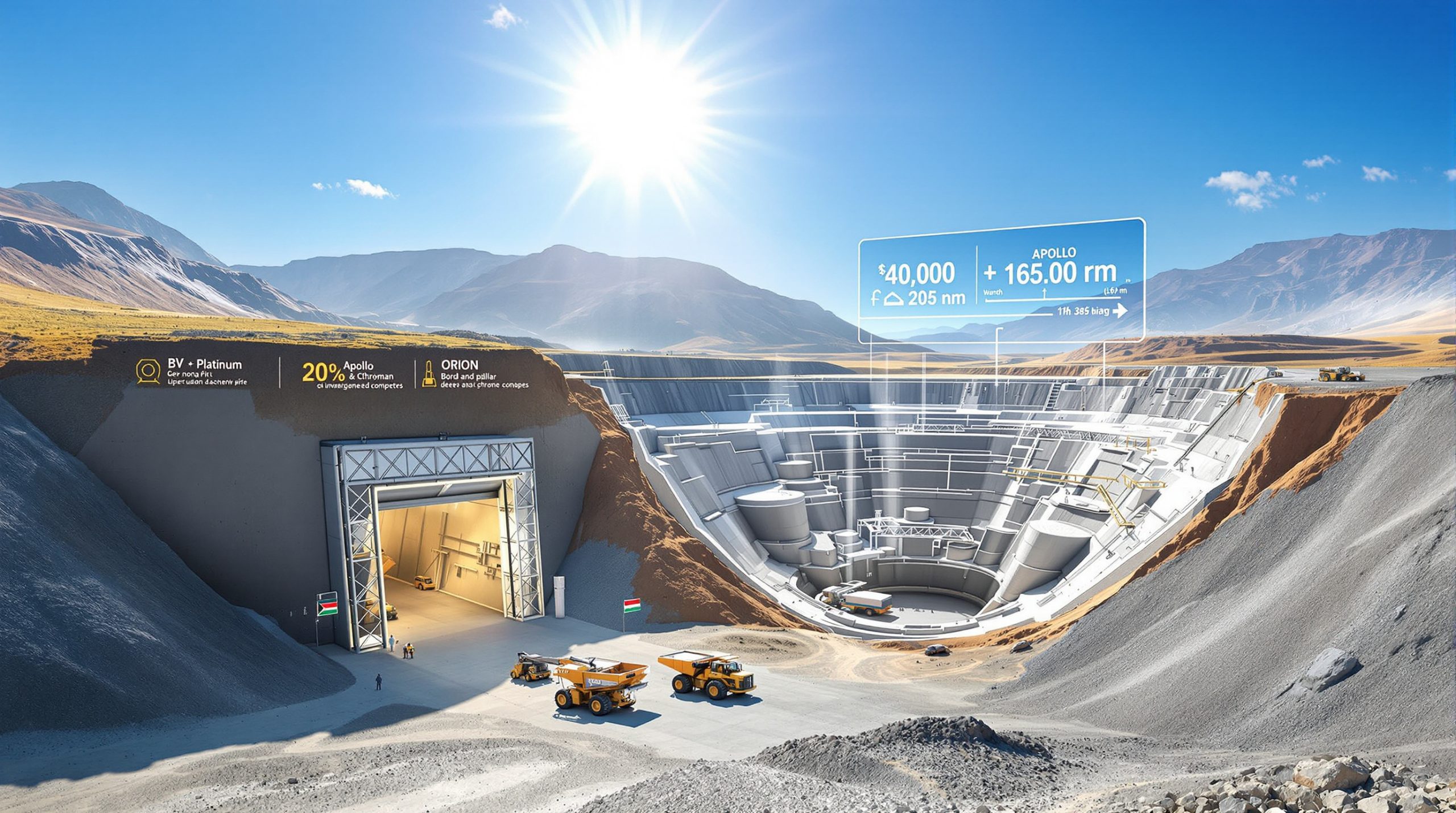How Scientific Debate Shapes Modern Geology
Scientific debate forms the core engine that drives geological advancement. In a field where Earth's complex systems span billions of years, robust scientific discourse helps separate evidence-based conclusions from speculation. The critical examination process ensures that geological theories undergo rigorous testing before gaining acceptance into scientific consensus.
When geologists engage in structured debate, they identify weaknesses in existing theories, encourage collection of new evidence, prevent premature acceptance of flawed models, stimulate innovative thinking, and ensure conclusions align with observable evidence. This system of checks and balances enables the field to progress beyond established paradigms.
The evolution of geological understanding frequently begins with researchers who challenge prevailing views. As exemplified by Tim Craske, former WMC geologist: "I'm a great advocate for scientific debate and argument. There's just not enough of it these days." This sentiment highlights a crucial aspect of scientific progress that some fear is diminishing in modern geological practice.
The Historical Importance of Scientific Disagreement
The history of geological science demonstrates how fundamental breakthroughs often emerge from controversial ideas that initially face significant opposition. James Hutton's uniformitarianism theories in the 18th century and Alfred Wegener's continental drift hypothesis both encountered substantial resistance before eventually gaining acceptance.
These historical examples illustrate how scientific progress often depends on researchers willing to challenge established views. Paradigm shifts rarely occur without scientific tension and the productive friction of competing ideas.
According to Craske, "If you look at the history of science, it's been through scientific arguments. It's often been two or three players at a juncture in time who are arguing against each other." He cites the historical Tesla-Edison debates over alternating versus direct current as an example where scientific argument ultimately led to technological advancement.
This pattern of scientific advancement through controversy appears consistently throughout geological history, suggesting that constructive disagreement remains essential for advancing the field.
Why Has Scientific Debate Changed in Modern Geology?
The nature of scientific discourse in geology has transformed significantly over time. Today's discussions primarily occur in formalized settings—peer-reviewed journals, conference presentations, and academic institutions—rather than the heated public debates that characterized earlier scientific discourse.
This shift toward more structured environments for debate brings both benefits and challenges. While formal channels can ensure rigor and evidence-based discussion, they may also slow the pace of paradigm-challenging ideas and limit participation to established voices within the field.
The Transformation of Scientific Discourse
Several factors have altered how geological debates unfold in the modern era:
- Increased specialization within subdisciplines creating knowledge silos
- Institutional pressures affecting research priorities and funding
- Publication processes that can slow theoretical challenges
- Cultural shifts in how scientific disagreement is perceived
- Reduced opportunities for informal debate and discussion
The field has moved from an era where scientific controversy was expected and even celebrated to one where consensus-building often takes precedence. This transition reflects broader changes in scientific culture and communication.
The Challenge of Maintaining Constructive Disagreement
Many senior geologists express concern that modern scientific culture has become less tolerant of fundamental disagreements. The pressure to reach consensus, combined with the personal and professional risks of challenging established views, has potentially dampened the robust debate essential for scientific progress.
As Craske notes: "In our politically correct world, people feel very challenged when you question their ideas. They often take scientific criticism personally, which makes it difficult to have productive arguments about evidence and interpretation."
This observation highlights a growing tension between maintaining respectful discourse and ensuring that ideas receive proper critical examination. The perception that scientific criticism may be taken as personal attack creates hesitation among researchers to challenge prevailing views, potentially slowing geological advancement.
Which Major Debates Are Reshaping Geological Understanding?
Several significant debates currently animate the field of geology, particularly in the realm of mineral deposit formation and classification. These discussions have profound implications for both theoretical understanding and practical exploration strategies.
Mineral Deposit Formation Timescales
A significant ongoing debate centers on the timescales of mineral deposit formation. Traditional models often assumed ore deposits formed over millions of years through gradual processes. However, emerging evidence suggests some economically significant deposits may have formed in remarkably brief geological windows—potentially even days or weeks rather than millennia.
"Many of us have the wrong idea about how mineral systems work and the time frames they work on," Craske explains. "Some deposits are formed in days, not millions of years. The actual endpoint of a system when it forms the ore body is often very rapid."
This perspective challenges long-held assumptions about formation processes and has profound implications for mineral exploration importance:
| Traditional View | Emerging Perspective |
|---|---|
| Deposits form over millions of years | Some deposits form in geologically "instantaneous" events |
| Gradual concentration of minerals | Rapid mineral precipitation during critical events |
| Steady-state processes dominate | Catastrophic or threshold events create deposits |
| Focus on long-term geological environments | Focus on identifying trigger mechanisms |
Craske provides a specific example with tin veins in Cornwall: "Those tin granites were enclosed in a metamorphic cap like a pressure cooker called the Killers, which was a sedimentary argillite cooked into a ceramic. Eventually, the ceramic lid cracked… When the casserole was cooked, the next thing was the crack that shot a whole series of veins."
This "pressure cooker" model suggests the veins formed almost instantaneously when critical pressure thresholds were exceeded—challenging conventional wisdom about formation timescales.
Deposit Classification Systems
Another active debate involves how mineral deposits should be classified. The traditional approach groups deposits by commodity (gold, copper, etc.) or broad genetic categories. However, some geologists advocate for systems that better reflect the continuums between mineral deposit tiers and the multiple formation processes that may operate simultaneously.
This debate highlights several key questions:
- Are discrete deposit categories scientifically valid, or do they artificially segment continuous natural processes?
- Should classification prioritize practical exploration applications or theoretical understanding?
- How can classification systems incorporate new discoveries about deposit formation?
- Do current systems adequately capture the complexity of real-world mineral systems?
An illustrative example comes from Ok Tedi, which contains multiple mineralization styles within what's traditionally considered a single deposit. As Craske notes: "If you add up all the different sorts of deposits in that overall deposit, you might think of it as a camp of deposits that we just call a single deposit, but there are something like five or six different styles of mineralization, each one being an ore body in its own right."
Similarly, the Grasberg/Ertsberg system includes both skarn and porphyry mineralization styles, challenging simplistic deposit classification.
The Context Problem in Mineral Exploration
A fundamental debate concerns how geologists should approach mineral deposit studies. Some researchers argue that examining deposits in isolation—focusing narrowly on the mineralized zone—provides insufficient context for understanding formation processes.
This perspective suggests that:
- Studying only the deposit itself is like "sitting inside a cabbage trying to understand what's outside"
- The broader geological environment provides essential clues about formation mechanisms
- Camp-scale and regional studies are necessary to understand the full mineral system
- Laboratory studies without field context may lead to misinterpretations
As Craske explains: "If we only sit inside the system, it's very difficult. It's like sitting inside a tree or a cabbage trying to work out what's going on around you. Everything around you isn't a cabbage; it's open air, soil, and sunshine."
This debate has significant implications for how geological research is conducted and how exploration programs are designed. It suggests that understanding the broader geological context may be as important as detailed deposit-scale studies.
How Do Technological Advances Impact Geological Debates?
Technological innovations continue to reshape geological debates by providing new data, challenging established interpretations, and enabling novel approaches to longstanding questions. These advances affect both how geologists collect information and how they interpret it.
Dating Techniques and Their Implications
Advances in geochronology—particularly high-precision dating of mineralization events—are transforming debates about deposit formation. These techniques allow geologists to determine precisely when mineralization occurred and how it relates to other geological events.
Craske highlights "cheap, rapid, and very granular dating of mineralization in systems" as a significant technological advance that's changing our understanding of mineral system timescales. These improved dating methods are revealing that many deposits formed much more rapidly than previously thought.
Key technological developments include:
- Improved U-Pb dating of hydrothermal minerals
- Higher precision Re-Os dating of sulfides
- LA-ICP-MS techniques for rapid mineral dating
- Better constraints on the timing of fluid events
These advances enable geologists to establish more precise temporal relationships between different geological events, often revealing that mineralization occurred in remarkably brief windows rather than over extended periods.
Geophysical Interpretation Controversies
Geophysical data interpretation remains a contentious area in geology. As exploration increasingly targets concealed deposits, geophysical exploration methods become more important—yet different experts often interpret the same data sets differently.
Debates center around:
- The reliability of deep-penetrating geophysical methods
- How to integrate multiple geophysical datasets
- The appropriate role of geophysics in targeting decisions
- Whether geophysical anomalies receive too much emphasis compared to geological context
These debates reflect the increasing reliance on indirect detection methods as exploration moves into covered terrains. They highlight the ongoing challenge of translating geophysical signals into reliable geological interpretations.
Why Does Mentorship Matter in Developing Geological Debate Skills?
The transmission of scientific debate skills from experienced to early-career geologists plays a crucial role in maintaining healthy scientific discourse. Mentorship provides a mechanism for passing on not just technical knowledge but also the art of constructive scientific argument.
The Decline of Traditional Mentorship Models
Historical geological training often included substantial mentorship components, with experienced geologists guiding junior staff through both technical skills and the art of scientific reasoning. Many senior geologists believe this mentorship tradition has weakened in recent decades.
Factors contributing to this decline include:
- Corporate restructuring and staff reductions
- Shorter project timeframes limiting knowledge transfer
- Reduced field seasons and joint fieldwork opportunities
- Greater emphasis on technical specialization over broad geological reasoning
- Fewer opportunities for junior staff to observe scientific debates in action
This shift potentially affects how new generations of geologists learn to participate in and contribute to scientific debates within the field.
New Approaches to Discovery Mentoring
In response to these challenges, new mentorship initiatives focus specifically on developing "discovery thinking" rather than just technical skills. One example is the Morrison Discovery Mentoring Program in Perth and the upcoming Charles Darwin Discovery Mentoring Program at the Natural History Museum in London.
These programs aim to teach geologists how to:
- Critically evaluate evidence and challenge assumptions
- Develop alternative interpretations of geological data
- Recognize and overcome cognitive biases in scientific reasoning
- Participate constructively in scientific debate in geology
- Build resilience when facing criticism of new ideas
The Morrison program currently has 14 mentor-mentee pairs, with participants paying $1,000 AUD for what's estimated to be $30,000 worth of mentoring value. The program runs for 12 months and includes workshops and networking sessions.
Craske, who leads these initiatives, explains: "Everybody in the room has enough geological knowledge to make a discovery," noting that many discoveries are made by geologists in their late 20s. He believes what holds people back is "their belief that they can do it" rather than technical knowledge, making mentorship crucial for developing scientific confidence.
The programs set ambitious targets, with Craske noting: "When you make a paradigm shift, my experience has been that you will make a discovery, an invention, or start a new business within two years." He cites his own experience at Mount Isa/Cloncurry where a paradigm shift from focusing on outcropping geology to magnetic features north of Cloncurry led to the Henry discovery 18 months later.
How Does Academic Training Influence Geological Debate?
Academic training provides the foundation for how geologists approach scientific questions and engage in debates throughout their careers. The nature and quality of this training significantly impact the health of scientific discourse within the field.
Shifting Focus in Geological Education
University education in geology has evolved significantly, with implications for how future geologists approach scientific debate. Several trends are noteworthy:
- Increased emphasis on laboratory techniques over field mapping
- Greater specialization earlier in educational pathways
- Reduced requirements for comprehensive geological understanding
- More focus on analytical methods than interpretive skills
- Fewer opportunities to practice scientific argumentation
Craske observes that "in the 1980s, people were going to university to do PhDs that included a large amount of mapping. For example, the PhD done on Greenbushes included a huge component of geological mapping of the region as well as work in the lab."
In contrast, "Now, we've migrated into an era where it's all about the lab work, and sometimes the person hasn't even collected the sample in which they are doing the work. They don't have the context of where that sample came from."
This shift potentially affects graduates' readiness to engage in robust scientific debates about complex geological problems, particularly those requiring integration of field observations with laboratory data.
The International Dimension of Geological Training
The global landscape of geological education is changing dramatically. China now produces approximately 10,000 geoscience graduates annually—far exceeding Western countries. This shift has implications for where future geological debates will occur and who will participate in them.
Other international trends include:
- Closure of geology departments in several Western countries
- Elimination of specialized programs (e.g., no geophysics honors degrees remain in Australia)
- Growth of geoscience education in developing nations
- Increasing international collaboration in geological research
These changes suggest that the center of gravity for geological research and debate may be shifting geographically. As Craske notes, "In China, virtually all the recent new dinosaurs and information about that era of Earth's history have been coming out of China. If you hear of a new dinosaur being discovered, it's usually in China because so many people are working on the subject."
This concentration of scientific effort in certain regions may influence which geological questions receive attention and how debates about those questions unfold.
What Role Does Corporate Culture Play in Geological Debate?
The corporate environments in which many geologists work significantly influence how scientific debates develop and resolve. Different organizational cultures can either foster or inhibit the robust scientific discourse necessary for geological advancement.
Short-Term Planning vs. Strategic Thinking
Corporate environments often emphasize short-term planning over true strategic thinking. This tendency can inhibit the type of long-range, conceptual thinking that drives major geological breakthroughs.
Many senior geologists distinguish between:
| Planning (Common) | Strategy (Rare) |
|---|---|
| 1-5 year timeframe | 10-20+ year perspective |
| Focused on known assets | Considers fundamental shifts in industry |
| Extends current trends | Imagines alternative futures |
| Anchored in present conditions | Detached from current constraints |
| Risk-focused | Opportunity-focused |
As Craske observes: "Most of the strategy sessions I sat in when I was embedded in the industry were not strategy sessions. They were planning sessions. They only looked to maybe five years out, but that's not the future. The future is 10, 15, 20 years out."
This planning-dominated approach potentially limits the exploration of truly novel geological concepts that might lead to major discoveries. It can also discourage the kind of paradigm-challenging thinking that advances geological understanding.
The Challenge of Maintaining Scientific Culture
Maintaining a culture that values scientific debate presents challenges in corporate settings. Companies must balance the need for operational alignment with the benefits of encouraging diverse geological interpretations.
Craske highlights WMC under Roy Woodall's leadership as an example of a company that maintained a strong scientific culture: "He very much cared for people and wanted them to excel. That spread all the way through to his encouragement of people to go and do higher degrees with company assistance."
Even during challenging economic times, WMC maintained this commitment: "In 1982, after the nickel crash and before the gold boom, essentially Western Mining was bust… the exploration division was put on a pay freeze which lasted for two years… But at the end of that pay freeze, he gave everybody a $5,000 bonus, and nobody was made redundant."
This approach fostered loyalty and scientific excellence but proved vulnerable to corporate changes: "The WMC culture was effectively destroyed by BHP, and so everybody left. Everybody is now running junior companies or being consultants in the system."
Successful organizations typically:
- Create forums specifically for scientific debate separate from operational decisions
- Reward well-reasoned alternative interpretations even when they prove incorrect
- Distinguish between technical disagreements and personal conflicts
- Provide time for geologists to develop and test alternative concepts
- Recognize that breakthrough discoveries often emerge from unconventional thinking
How Can Geologists Improve Scientific Debate?
Enhancing the quality and productivity of scientific debates requires intentional efforts from individual geologists and the broader geological community. Several approaches can help create more constructive and fruitful scientific discourse.
Separating Ideas from Identity
Effective scientific debate requires separating ideas from personal identity. When geologists view criticism of their interpretations as personal attacks, productive discussion becomes difficult.
As Craske explains: "They think that you're attacking them personally, and they take this to heart and may even take you to court over it. So, it has become quite difficult in many environments to have what I would call a good argument."
Strategies for more constructive debate include:
- Focusing criticism on specific evidence and interpretations
- Acknowledging uncertainties in all geological models
- Presenting alternative explanations rather than simply criticizing existing ones
- Using language that separates the person from the idea
- Recognizing that all geological models are simplifications of complex reality
Building Paradigm-Shifting Skills
The ability to recognize and challenge paradigms represents a crucial skill for advancing geological knowledge. Developing this capability requires specific approaches:
- Studying historical examples of paradigm shifts in geology
- Practicing the identification of unstated assumptions in geological models
- Deliberately seeking evidence that contradicts prevailing theories
- Exploring alternative frameworks for interpreting the same data
- Developing comfort with the uncertainty inherent in challenging established views
Craske emphasizes that criticism alone is insufficient: "I have been told I have a reputation for telling people that they're wrong or pointing out things that are wrong in other people's work… But if you're going to do that, you then have to lead people in another direction and say, 'Well, this is what I believe to be right.'"
He adds: "If you believe that, you must go the extra mile and actually create an alternative that people can pick up instead. Otherwise, what you're leaving them with is nothing, and that's very uncomfortable for most people."
This balanced approach—critiquing existing ideas while offering constructive alternatives—represents a model for more productive scientific debate in geology.
What Does the Future Hold for Geological Debate?
The landscape of scientific debate in geology continues to evolve in response to technological, social, and institutional changes. Understanding these trends can help the geological community prepare for and shape future scientific discourse.
Emerging Challenges and Opportunities
Several factors will shape the future of scientific debate in geology:
- Data abundance: Increasing volumes of geological data may either clarify debates or create new disagreements about interpretation
- Computational modeling: Advanced simulations offer new ways to test competing theories but may also introduce new assumptions
- Interdisciplinary approaches: Collaboration across disciplines brings fresh perspectives but also communication challenges
- Exploration frontiers: As exploration moves to more challenging environments, new debates will emerge about drill results interpretation under greater uncertainty
- Societal relevance: Growing public interest in geology (climate change, critical minerals, etc.) may affect how geological debates unfold
Craske notes significant geopolitical shifts that will influence the field: "China is going to be the leading economy in the world going forward, not the US. After that, it's going to be the rise of Africa, where all the population growth in the world is going to be."
These macro trends suggest that the center of gravity for geological research and debate may continue shifting internationally, with implications for which questions receive attention and how debates are conducted.
Fostering Constructive Disagreement
For geology to advance, the discipline must maintain environments where constructive disagreement flourishes. This requires:
- Institutional support for scientific debate
- Publication venues that welcome well-reasoned challenges to consensus views
- Conference formats that encourage substantive discussion
- Educational approaches that teach the value of scientific disagreement
- Recognition systems that reward paradigm-challenging work
Craske identifies complacency as a significant threat: "There's far too much complacency out there in our industry. People think that everything's going to be right. We just have to hang on, wait for the next upswing in a commodity price or whatever it might be. And I don't believe that."
This observation highlights the need for geological debates that challenge comfortable assumptions and push the field to confront difficult questions about its future direction.
The Enduring Value of Scientific Debate in Geology
Scientific debate remains essential to geological advancement. Through the testing of competing hypotheses, careful examination of evidence, and willingness to challenge established views, geology continues to refine its understanding of Earth's complex systems.
The most significant geological discoveries have typically emerged not from consensus but from the productive tension between competing ideas. As Craske reminds us, historical figures like Galileo and Darwin faced substantial opposition but ultimately advanced science through their willingness to challenge prevailing views.
By maintaining robust, evidence-based debate traditions while adapting to changing research environments, geology can continue its remarkable progress in understanding our planet. The health of the discipline depends on creating environments where evidence-based challenges to established views are welcomed and thoroughly examined.
For early-career geologists, developing the skills and confidence to participate in scientific debates represents an important professional challenge. As Craske notes about his mentoring programs: "What's holding people back is their belief that they can do it." Through mentorship, education, and institutional support, the geological community can ensure that future generations of geologists are prepared to engage in the constructive disagreements that drive scientific progress.
The future of geological debate will likely look different from its past, with new venues, participants, and technologies shaping how discussions unfold. But the fundamental principle—that knowledge advances through the clash of competing ideas tested against evidence—remains as relevant as ever to the field's continued development. Modern technologies like 3D geological modelling now facilitate more sophisticated debates by allowing researchers to visualize and test competing hypotheses in ways previously impossible.
Furthermore, the ongoing debate about the Anthropocene epoch represents one of the most significant current controversies in geology, with scientists disagreeing about whether human impact on Earth systems justifies the formal declaration of a new geological epoch. As the scientific community continues to debate major geological questions, these conversations will shape our understanding of Earth's past, present, and future.
Ready to Spot the Next Major Mineral Discovery?
Stay ahead of the market with Discovery Alert's proprietary Discovery IQ model, which instantly identifies significant ASX mineral discoveries and transforms complex data into actionable insights. Visit our discoveries page to see why historic discoveries have generated substantial returns and begin your 30-day free trial today.




